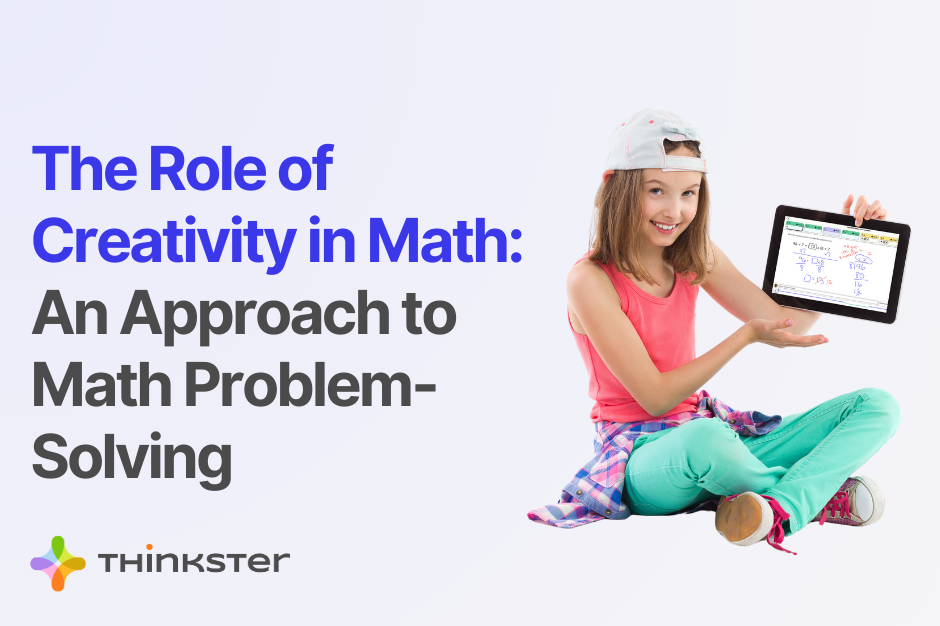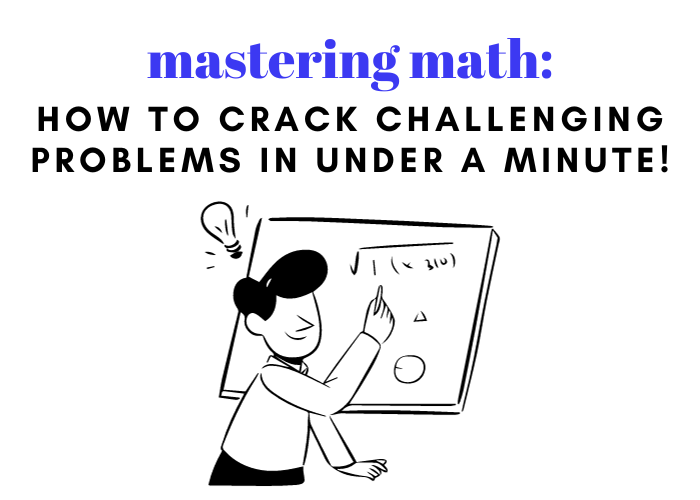

Last Updated on June 30, 2023 by user
“Did you eat the last piece of cake?” her mother demanded, a stern look upon her face. “No,” the child claimed, around a mouthful of crumbs and chocolate frosting…
Fibbing. Exaggerating. Misleading. Whatever you want to call it, lying is lying. And here’s a bombshell for you: all kids lie.
It’s frustrating, we know. But this isn’t a reflection of your child’s moral character. In fact, kids lie for many of the same reasons adults do:
Just think about the last time you told someone you liked their haircut when in reality, it looked like they got run over by a lawnmower. Or the last time you fudged a few details to make your stories a little more exciting.
Doesn’t seem so bad, right?
You didn’t intentionally deceive someone to cause irreparable harm.
You just wanted to make your friend feel better about an unfortunate circumstance (or haircut)—or use the power of storytelling to make your coworkers laugh while working under pressure to hit a deadline.
Your kids, for better or worse, have these same instincts.
And these instincts develop early—as young as 2 years for some kids—and it’s a completely normal (and super important) stage of cognitive and social development.
In fact, experts say that younger children who understand how and when to bend the truth have a cognitive advantage over the ones who don’t. It means they’re gaining insights into how people think.
Left unchecked, though, and your children could find themselves in a spot of trouble. Innocent fibs could quickly become gross exaggerations that eventually give way to compulsive lies. And as they grow older, habitual lying could have a negative impact on their ability to form deep, meaningful relationships—or worse.
It could lead to certain behaviors that have serious consequences.
So, how can you convey to your preschooler the difference between an entertaining story and an outright betrayal of trust? And how do you do this without shaming them or discouraging imaginative play?
It’s a tricky balancing act, but child development specialists and psychologists have studied the behavioral patterns associated with lying for years. And they have some pretty remarkable insights about teaching kids honesty.
The best part?
We’ve already combed through all this information for you and compiled a complete breakdown of concrete strategies you can use to teach your kids the value of developing honesty as a habit.
But first, let’s talk about how we define honesty and integrity.

Integrity, or honesty, is a defining trait of moral character. It’s a rare quality, too.
But what is honesty, exactly? Many believe honesty is simply about speaking the truth—and they’re not wrong. That is a significant part of the bigger picture. But honesty means more than not lying.
Honesty is all about being truthful in what you say and what you do.
And when talking to your kids about truthful behavior and the consequences of lying, it’s important that they grow to understand this distinction.
Because words and actions—when it comes to integrity—are two sides of the same coin.
Speaking with integrity means saying how something really is or how it really happened.
Acting with integrity means you always do the right thing, even when it’s hard.
Researchers believe that a solid grasp of this concept leads to a greater understanding of how lies impact the world around us.
If your kids can wrap their heads around the fact that their words and actions are inextricably linked, they’ll learn to distinguish harmless white lies from overt deceptions that hurt others and damage relationships.

People resort to lying for many different reasons. However, the primary motivator—for both children and adults—is avoiding punishment.
Other typical reasons include avoiding embarrassment, self-preservation, and even boredom. Some folks just need a good thrill every now and then.
Yet, motives aside, here’s the problem with lying: Research shows that the more people lie, the easier it gets, and the more likely they are to do it again.
In a 2016 study published in Nature Neuroscience, researchers discovered regular dishonesty alters people’s brains, making it easier to tell lies in the future.
And while your toddler is far too young to cause any real, significant damage with tall tales, if they develop a habit of lying on a regular or compulsive basis, it could—someday—have some serious consequences.
We’re not just talking about the simple loss of privileges—like extra screen time—either. We’re talking about long-term consequences that destroy relationships, stunt education, and reduce employment opportunities.
Some consequences may even result in addiction issues or criminal charges that lead to incarceration.
And that’s just the beginning. Here are some of the proven consequences of not teaching kids honesty early on in life.
People—even children—often lie in an effort to avoid the mental lift that comes with acknowledging emotional or stressful issues. They downplay their actions or dismiss certain problems. But this dismissal creates a vicious cycle, compounding the issues as each problem continues to get worse.
Your child may be lying as a way to avoid engaging in a discussion with you about something stressful or difficult for them, and your reaction—no matter how well-intentioned—can often cause more harm than good.
Similarly, researchers find that one lie can often lead to more lies; and those lies are difficult to track. When children find themselves caught in a web of their own deceptions, they may start to lose sense of who they really are and the type of person they want to be.
We’re all social creatures by nature. We all need trusted friends and family to rely on as we navigate the murky, unpredictable waters of life. Kids, in particular, learn critical skills as they start developing their own relationships.
We’re talking about skills like sharing, setting boundaries, and problem-solving.
They learn empathy, too.
But lies damage these relationships by eroding trust. And once trust is lost, it’s incredibly difficult to earn back. In many cases, the lies may be so frequent and extreme that the rift they’ve caused between two people may be impossible to overcome, leaving both parties feeling ostracized and alone.
We don’t need to stress the value of education here. School is where most of us made our first friends or discovered hidden interests and talents. It’s where we all learned the basics of math, science, and grammar.
Lies (actions or words) have the potential to take all that away.
Suppose kids learn that cheating on a test or copying a friend’s homework makes it easier to get ahead. In that case, they deprive themselves of the opportunity to internalize and synthesize their learnings.
Beyond that, there’s the potential for punishment that could be anything from verbal warnings to suspension and expulsion. The consequences for this sort of behavior grow more severe their higher their education.

Nobody wants to collaborate with toxic individuals. They have a tendency to destabilize environments that should make others feel safe—and they have a knack for manipulating their peers to benefit their own self-interests.
Adults who make a habit of spreading rumors, shifting blame, or taking credit for others’ work will often find themselves struggling to build a solid professional network or hold down a job.
Not to mention the fact that companies often have a list of cultural values they expect every employee to embrace—with integrity often taking the top spot on that list.
Fortunately, kids are kids. There’s plenty of time to help them fully understand the consequences of their actions.
But lies are a gateway to other harmful habits.
For instance, a teen that struggles to come clean about drug or alcohol use just increases their risk of using it more while keeping the behavior and its side-effects a well-hidden secret.
Left to their own devices, with no self-accountability, young people are more likely to find themselves caught in the grip of substance abuse—a grip where more lies (and potential run-ins with law enforcement) are all but inevitable.
That’s why you need to be involved, teaching your kids not just about the realities of drugs and alcohol, but about how lies and secrets can have some pretty remarkable ramifications.
Here’s the good news: all the potential consequences mentioned above are totally avoidable!
Just because your kiddo lies here and there doesn’t mean they’re destined to become some sort of career criminal.
Trust us when we say that there’s a lot your kids can say or do that is totally inconsequential.
They just need a little guidance, really. Some open communication about the moral ambiguities of dishonesty.
But if your kid ever finds themself in dangerous situations because of their lying—or if they’re caught spewing lies on a frequent basis—it’s time to take action.
So, let’s talk about what you can do to teach your kids the value of integrity and make honesty a consistent habit.
The habit of truthfulness is developed like most every other habit—it forms over time as we put the theory into practice. But we have to teach children about right and wrong if they’re going to fully embrace the idea that honesty is always the best policy.
This means, as a parent, you have to have an open dialogue with your kids. When discussing what makes any behavior right or wrong, you should always highlight its effect on someone else. Does it make someone feel happy? Sad? Does it make them laugh, or make them angry?
Clear responses to actions always help reinforce the differences between right and wrong. Once your kids understand what separates the two concepts, they can begin to see how their lies make others feel.
We live in a fast-paced world, we know, but patience is an under-appreciated virtue.
You’ll find lying is an almost automatic response for kids. They just seem to resort to this behavior whenever they think they’re about to get in trouble. That’s where your patience—or lack thereof—can have a tremendous impact.
Sometimes, when pursuing the truth, you might demand immediate answers. You might even blow things out of proportion a bit. That’s when your kids impulsively shout out a lie to keep themselves from ending up in a timeout. But if you take a breath and give them some time to really think about what’s true, you might find they’re more willing to be open and honest about the situation.
Here’s the thing: your children are always watching you. You’re their guiding light—their North Star and moral compass, so to speak. And they learn all about right, wrong, and moral responsibility just from observing how you interact with other adults.
No pressure, right?
Hearing adults lie—especially their parents—gives kids the distinct impression that lying, in almost any context, is okay. And they really aren’t capable of comprehending tact. So when you tell your Auntie Suzy that you love the sweater she sent for your birthday—even though you’ve been open about your distaste for the unfashionable jumper—your kids will commit this moment to memory and model your behavior.
So, this is pretty simple. If you don’t want your kids to lie to you, don’t lie—to them or to others. The best way for teaching kids honesty is to be honest yourself.

In many cases, parents get so caught up in correcting behavior, they forget to listen to what their kids are really saying. And sometimes, even though it might be hard to believe, truthful behavior goes completely unnoticed.
If you take time to listen to your kids, validating their feelings and recognizing honesty with positive reinforcement, you’ll probably discover that your kids are far more forthcoming than you initially thought.
When it comes to teaching truthfulness, there are two types of consequences at play: A natural consequence or an enforced consequence.
A natural consequence will occur without any involvement from you, while an enforced consequence is both determined and imposed by you, and is directly related to the offense.
Natural Consequences:
Logical Consequences:
Whatever consequences you deem appropriate, don’t ever criticize. Remember that the goal here is to help your child learn from their mistakes—not shame them or damage their self-worth.


